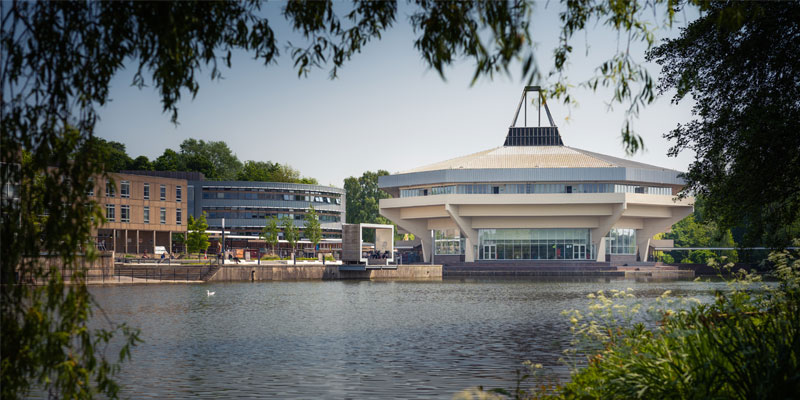
Vacancies
Current opportunities
Independent Research Fellows
We welcome enquiries from current or potential Independent Research Fellows interested in holding their fellowship with us. Fellows based in LCAB will be fully integrated in the wider interactive and collaborative life of the Centre, and should play a role in developing these aspects of our research community.
We will consider hosting fellows working in any area of research which aligns with the goals of our Centre and can offer a range of support tailored to the individual fellowship concerned. This may include:
- guidance in developing and refining your research proposal along with advice on appropriate funding scheme
- additional salary to extend the fellowship duration beyond the initial funding period (fully funded fellowships)
- salary to support a postdoctoral research associate linked to the fellowship (fully funded fellowships)
- salary match funding, which may be split with home departments (part-funded fellowships)
- co-supervision of a PhD student associated with the Centre.
- mentoring a postdoctoral research associate in the Centre
- eligibility to bid for further LCAB research funding to support, for example, pump-priming activities, academic visitors to the Centre, short-term buy-in of skills or internal placements.
Fellows will also belong to a home department and further support may be available from this department. Find out more about each departments offer, and further guidance on holding a fellowship at York.
Centre specific enquiries should be directed to lcab-enquiries@york.ac.uk.
